(I originally reviewed Spiral for Night Visions Maximum Halloween 3022. Portions of that review carry over here.)
There is an anxious desperation that permeates Kurtis David Harder’s haunting thriller, but not because of demons or anything supernatural. Instead, it taps into something more primal and sinister; white, suburban communities. The kind of places where minds and hearts are more closed-off than the houses.
Set in an undefined time and place, Spiral follows a same-sex couple who move to a small town somewhere out in the boondocks in search of a more quiet life. Where they are or where they’re coming from isn’t mentioned. The horrific part of it all is that it wouldn’t make a difference. Life for any minority is hard, regardless of the decade. The script, written by Colin Minihan and John Poliquin, captures the ephemeral uncertainty of living in a society that feigns tolerance, and even that poorly.
Led by an unfamiliar cast (at least for myself), Spiral‘s strength is in precisely in its normality. Our leads are men who carry with them the trauma of their past. It’s only their dreams of something better that keep them going. Jeffrey Bowyer-Chapman and Ari Cohen handle the complex material exceptionally, they’re never anything less than believable. They ground the horror with nuanced and emotionally honest performances, which keep the film effective even as the third act falters.
Chapman is a particular highlight. His physically subtle performance is electrifying. Here is an actor who understands the innate discomfort anxiety brings. When you want to sit, but can’t because your feet won’t let you. Run, but you’re out of breath suddenly. The amplified sense of entrapment you feel when you suddenly are a stranger in your own home. It’s a delicate and haunting showcase of great horror acting.
Harder’s directing is equally effective, showcasing a natural talent for wringing out terror from familiarity. He toys with audience expectations, and there’s joy in seeing him switch genre conventions around to keep us guessing. The centerpiece of the film is a secluded house, which in Harder’s vision turns into a nightmarish gallery of blind corners and ominous creaks. Shadows linger, people hold their gaze a little too long, and there’s a constant sense that you don’t belong anywhere.
Anyone who was ever labeled “different” can relate. Those who can’t should consider why that is.
It’s in these moments, where the dread of the inevitable is most palpable, that Spiral rises above the flock. Harder builds tension with fantastic fake outs which know precisely when to and when not to cheap out on a scare. The beautiful cinematography makes the most of a meager budget, often looking far bigger than its indie foundations.
Only the finale, which tips its hat to the domestic terror of Polanski, doesn’t quite stick the landing. But Spiral is otherwise such an excellent film that it matters very little.
I wish it stuck to its guns a bit more firmly. The first hour contains finely tuned and incisive terror, where each moment cuts like a steel wire. By comparison, the last act is buckshot. It’s still powerful and knocks the wind out of you, but it’s a different terror. On my first viewing, I felt it robs us of something even more terrifying. But the film lingered for long after it was over.
On my second viewing, the buckshot stung differently. It felt more certain and calculated. A knowing gamble from a director who understands his material, even when it doesn’t lead to what you’d want.
That is the sign of a great horror film.

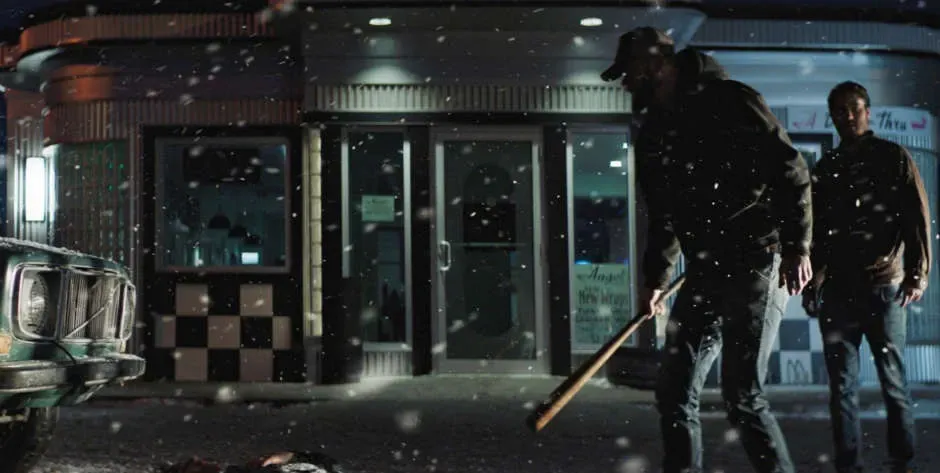

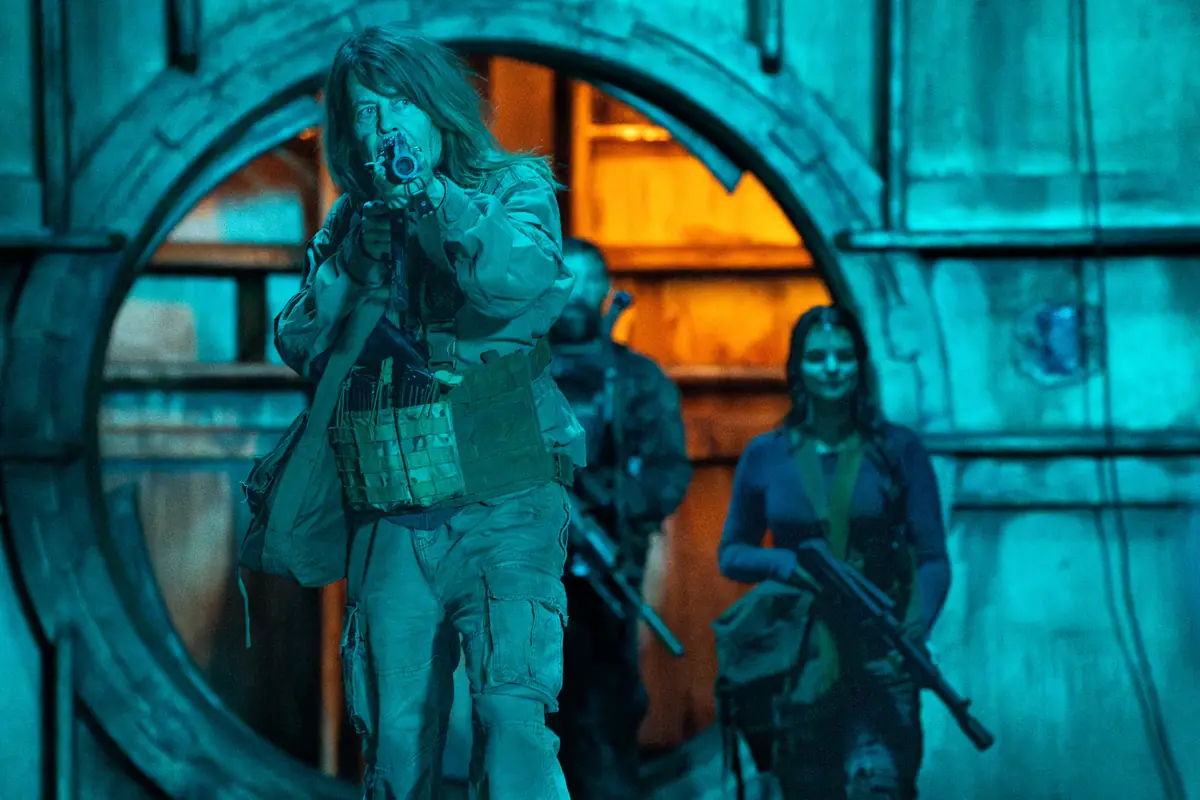

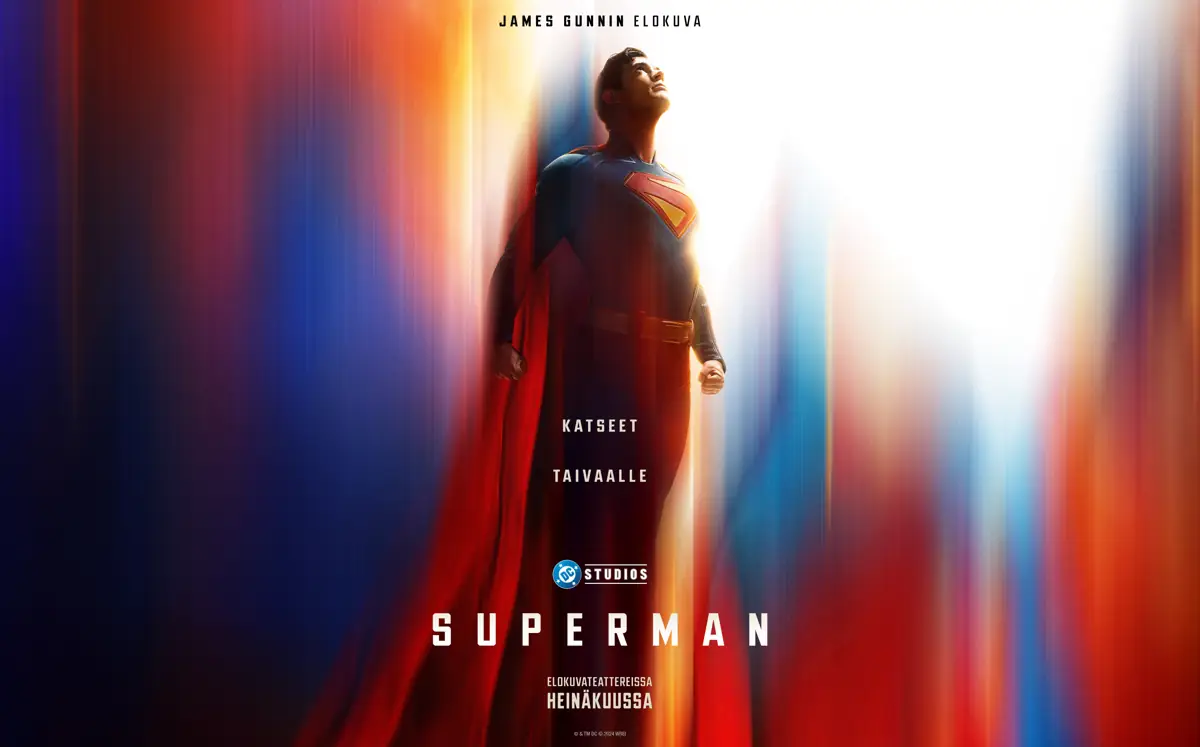

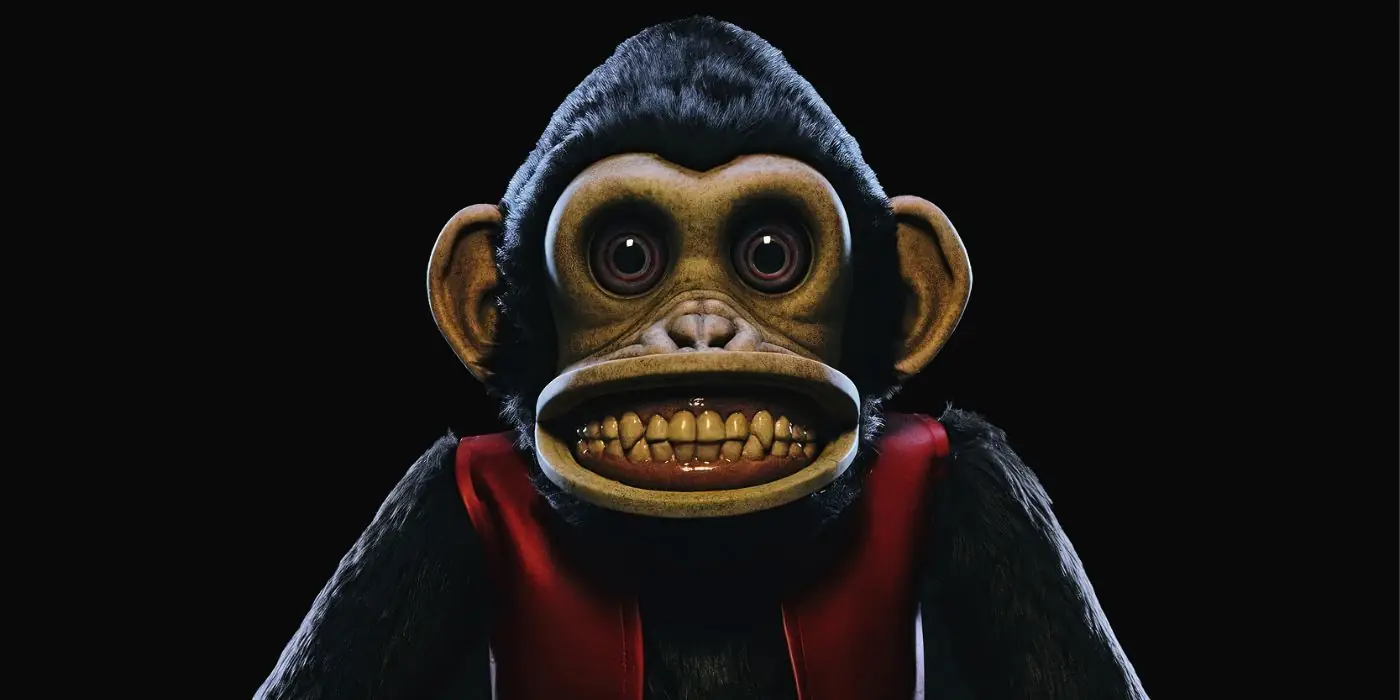
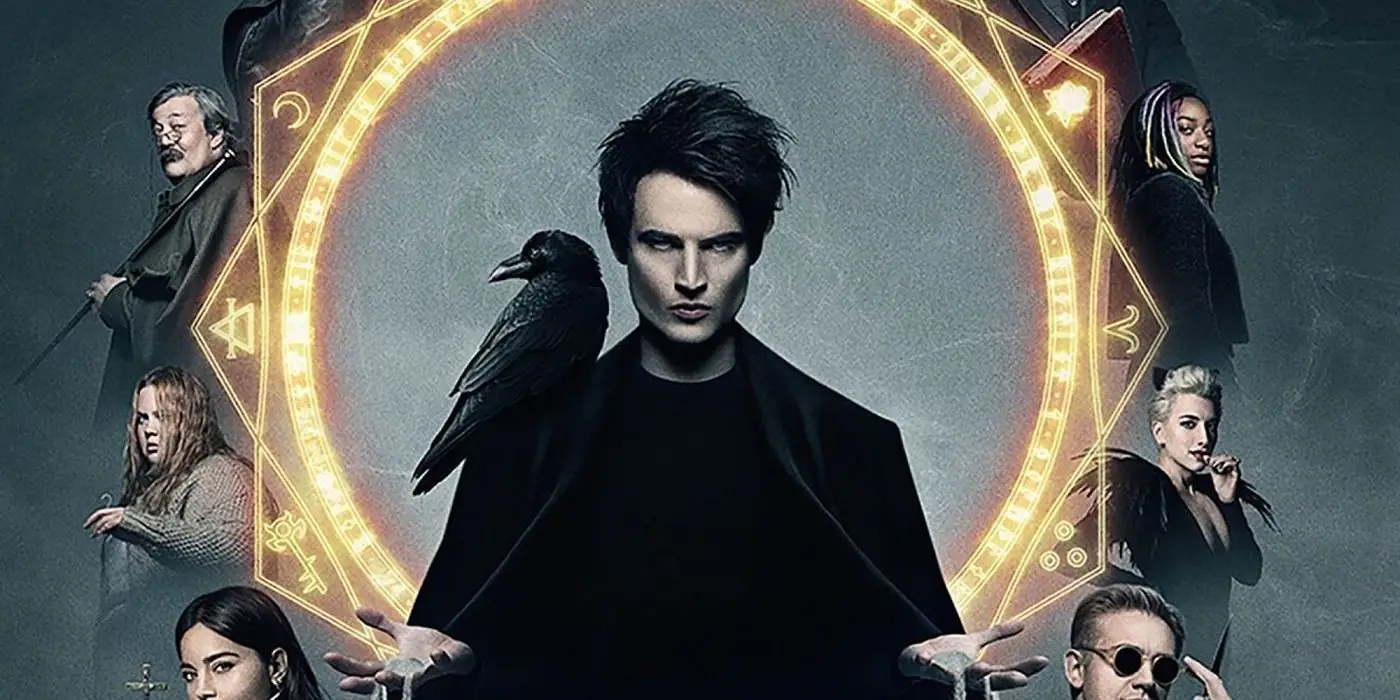
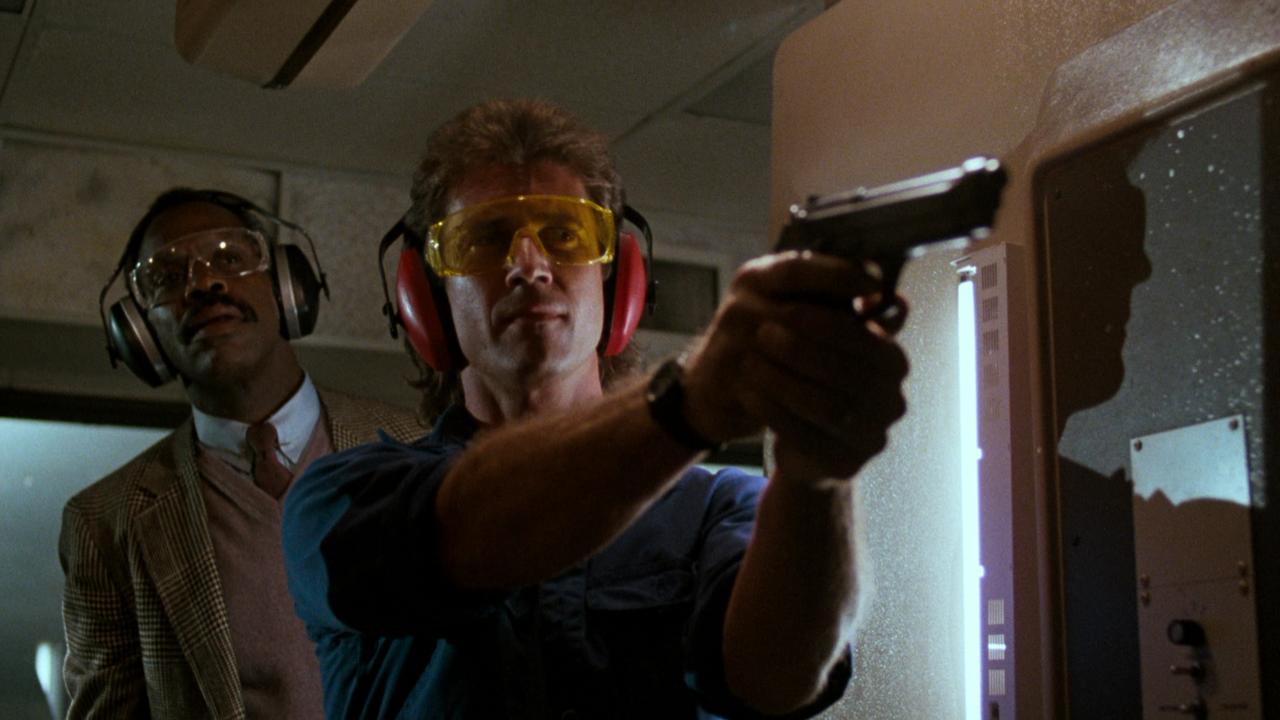


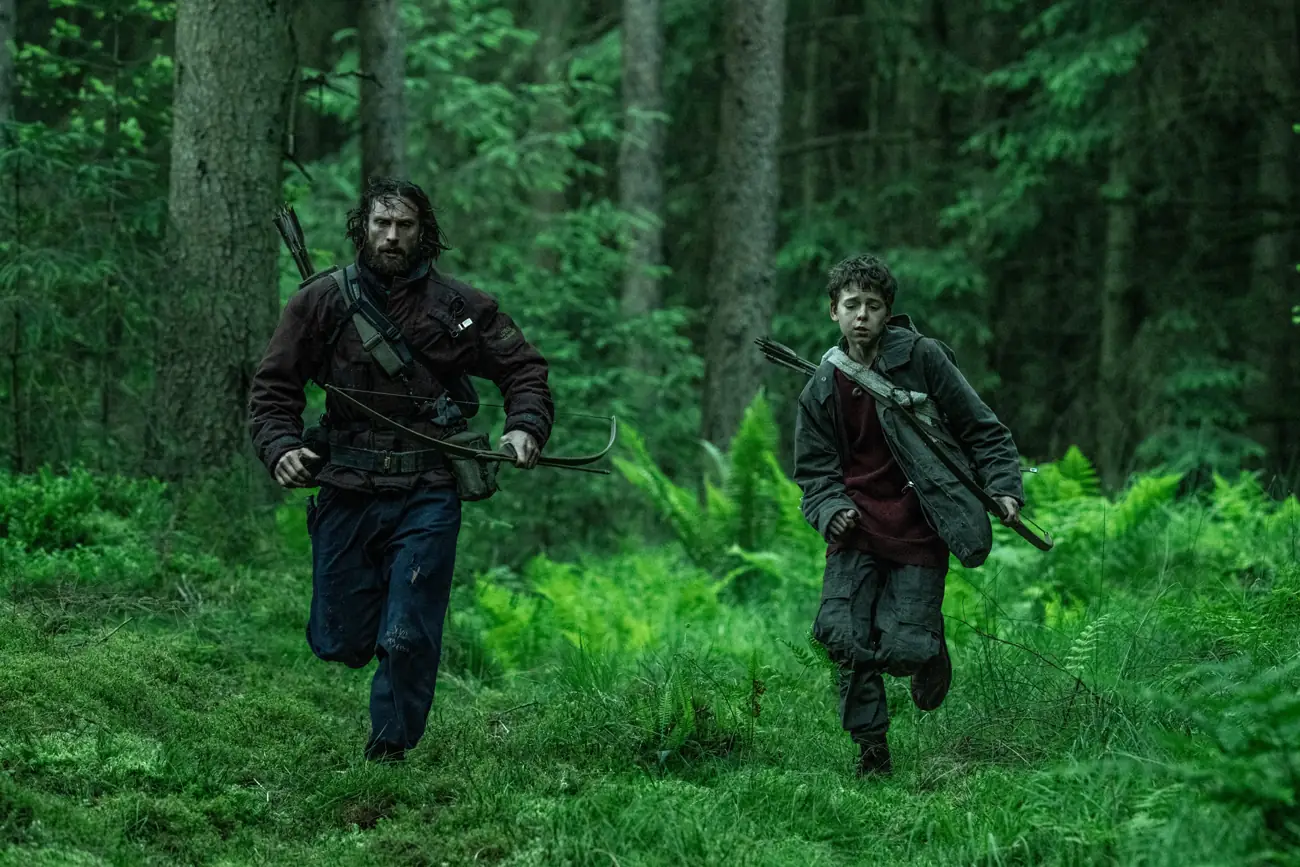

Discussion